On November 10, 1975, the 729-foot ore boat Edmund Fitzgerald sank in a storm on Lake Superior, resulting in the loss of all 29 crew members on board. The tragedy occurred in one of the most treacherous stretches of water in the world, where the lake's strong winds and massive waves can quickly turn a voyage into a nightmare.
The sinking of the Edmund Fitzgerald was a devastating blow to the Great Lakes shipping industry, which had long been plagued by accidents and tragedies. According to historian John U. Bacon, author of The Gales of November: The Untold Story of the Edmund Fitzgerald, the disaster was just one of many that had occurred on the Great Lakes over the years. "From 1875 to 1975, there were at least 6,000 commercial shipwrecks on the bottom of the Great Lakes," Bacon said in an interview. "So that is one shipwreck a week every week for a century. That is one casualty every day for a hundred years."
The Edmund Fitzgerald's sinking was also a personal tragedy for Canadian musician Gordon Lightfoot, who wrote the song "The Wreck of the Edmund Fitzgerald" in the aftermath of the disaster. Lightfoot had agonized over writing the song, fearing that he would be inaccurate, corny, or exploitative. However, the song became one of his biggest hits, and it helped to cement the Edmund Fitzgerald's place in popular history. "He feared being inaccurate, corny or worse, appearing to exploit a tragedy for profit," Bacon writes in his book. "But more than that, as a fellow sailor and a child of the Great Lakes this song whatever it was was deeply personal."
The sinking of the Edmund Fitzgerald was a major news event at the time, and it sparked a national outpouring of grief and support for the families of the crew members. The tragedy also led to significant changes in the way that the Great Lakes shipping industry operates, with improved safety regulations and more stringent maintenance requirements.
Today, the Edmund Fitzgerald's legacy lives on, with many considering it a "rock star" ship that was ahead of its time. The ship's sinking remains one of the most enduring maritime mysteries of all time, and it continues to fascinate people around the world. As Bacon notes, the story of the Edmund Fitzgerald is a reminder of the risks and sacrifices made by the men and women who work on the Great Lakes. "The Edmund Fitzgerald's story is a testament to the bravery and sacrifice of the men who sailed the Great Lakes," Bacon said. "It's a reminder of the importance of safety and the need for vigilance in the face of danger."
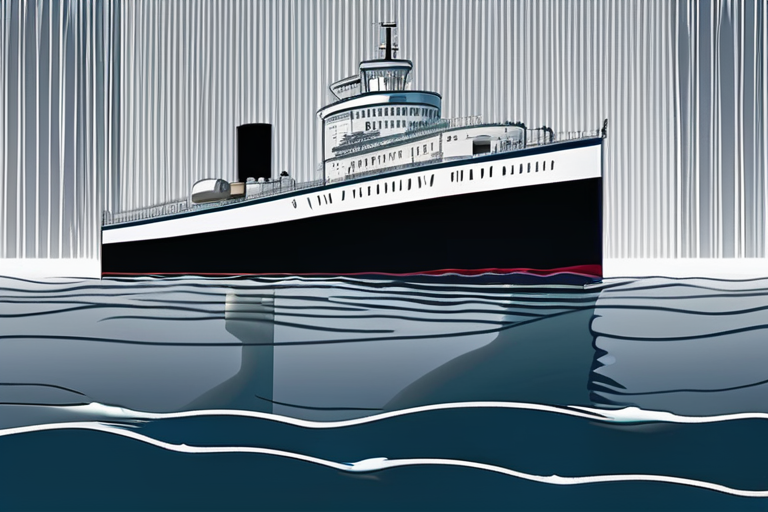




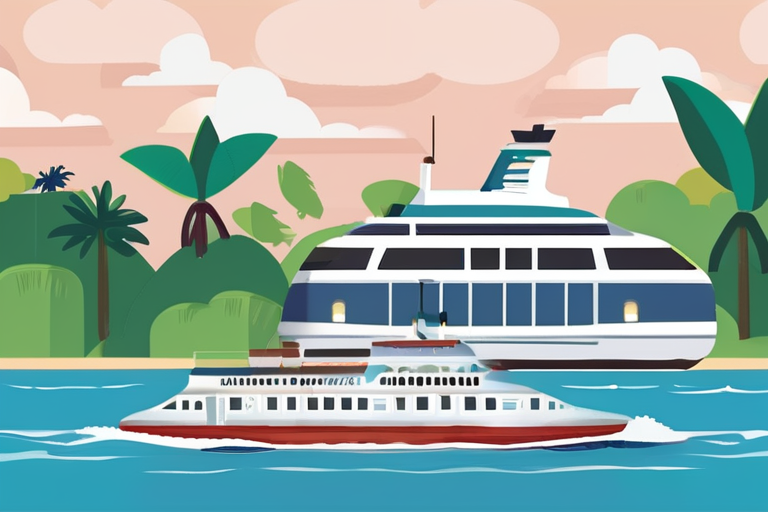

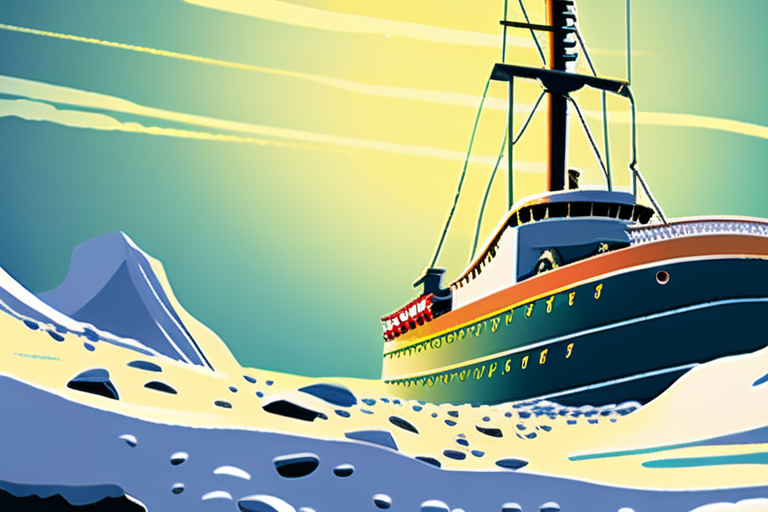

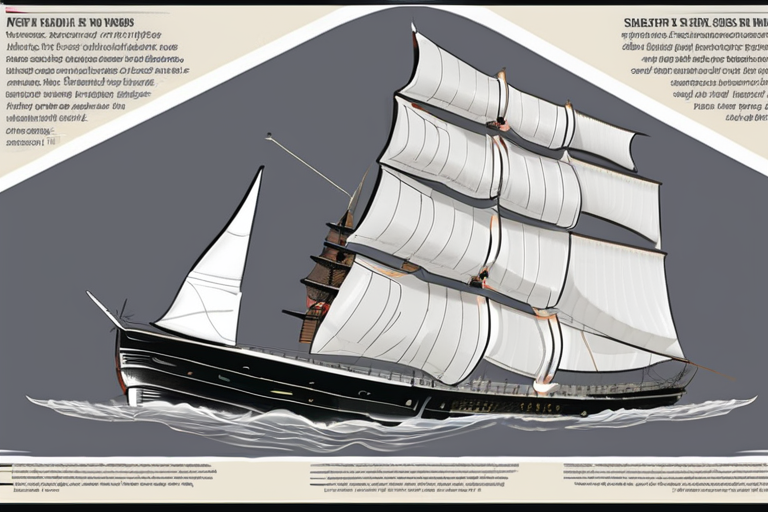



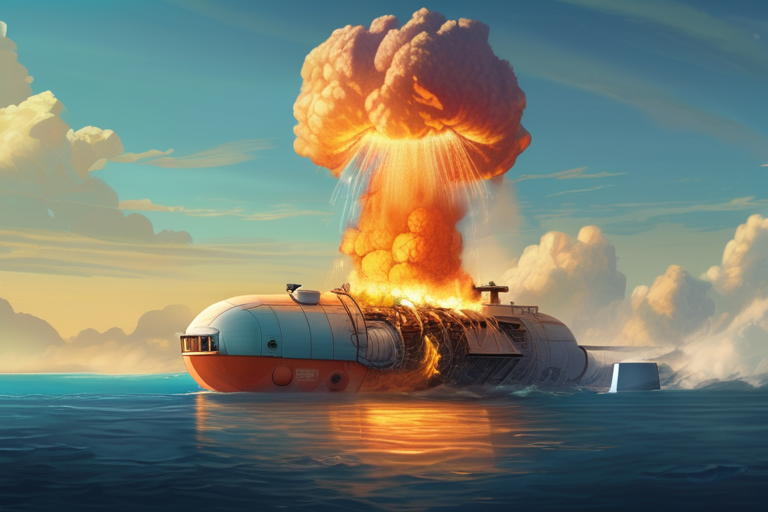


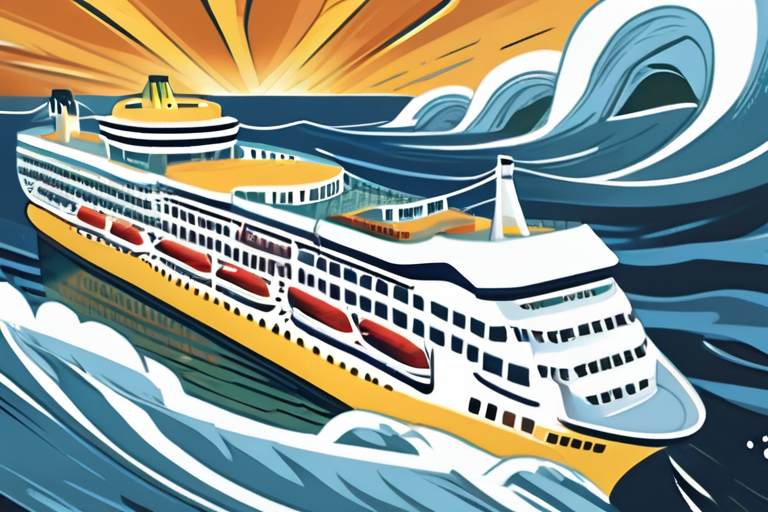


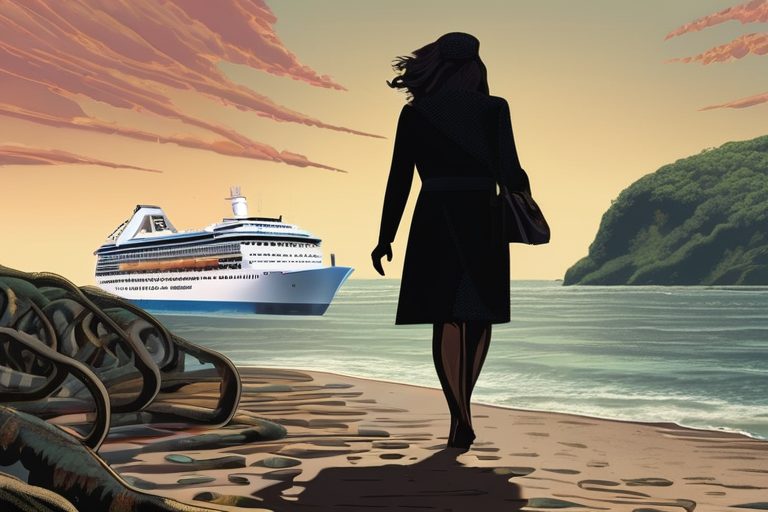


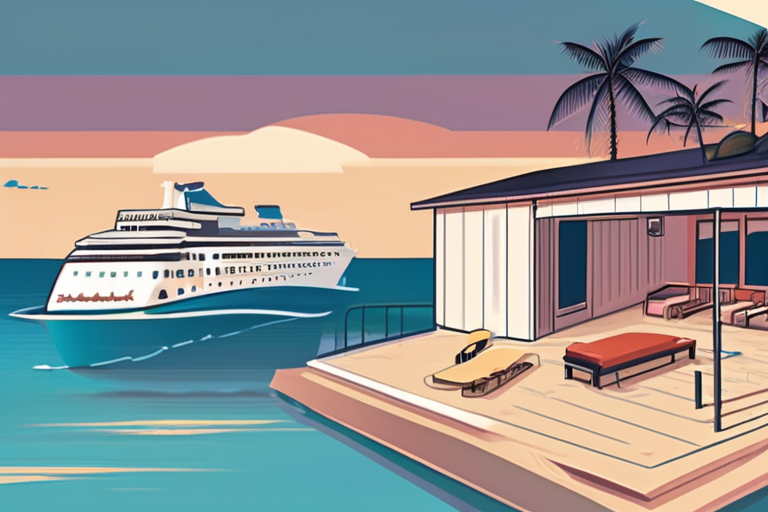
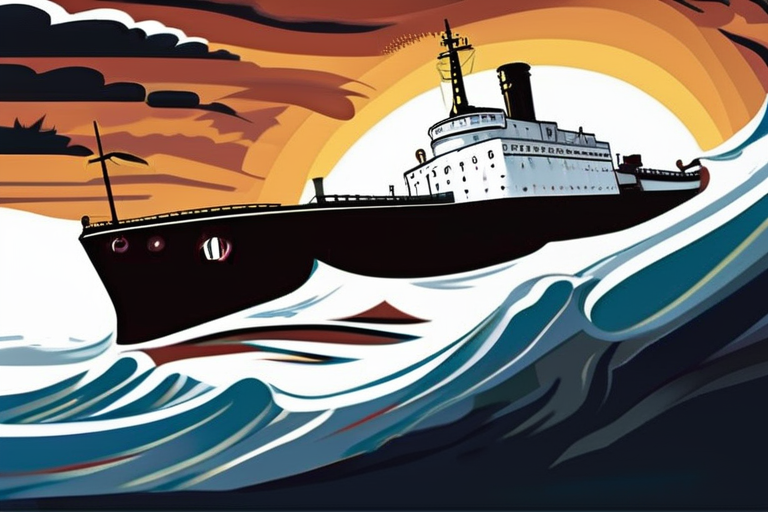
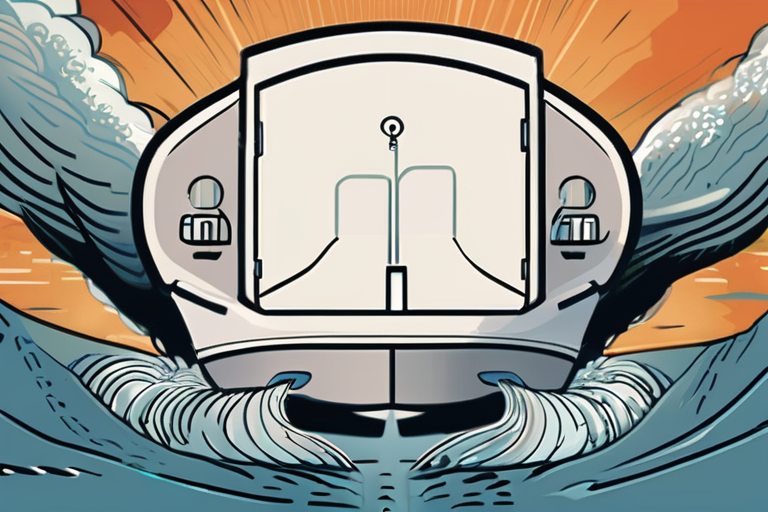

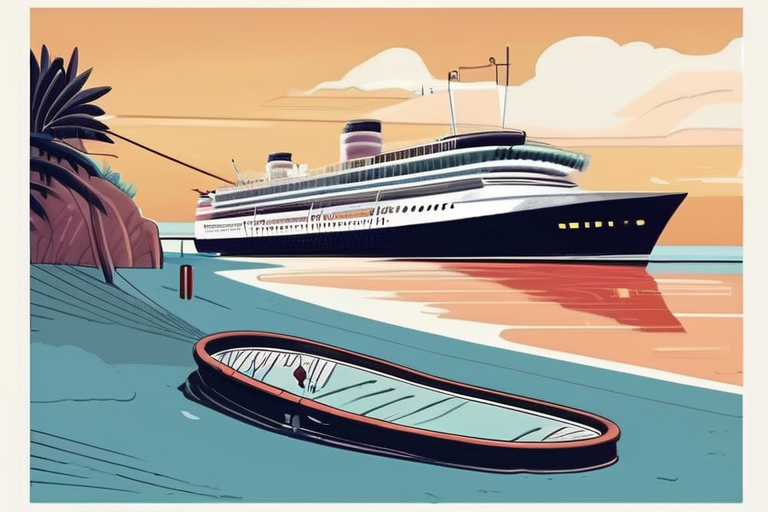
Share & Engage Share
Share this article